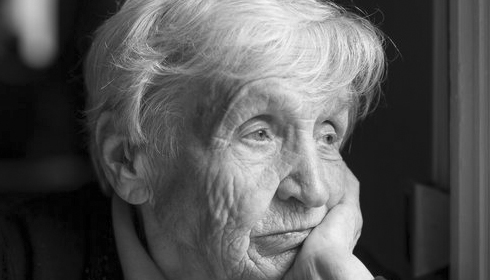
Depression Found to Be a Potential Cause of Menstrual Pain, Study Reveals
A groundbreaking study has uncovered a significant link between depression and menstrual pain (dysmenorrhea), suggesting that depression is more likely to cause period pain than to result from it. The research, conducted by scientists from Xi’an Jiaotong-Liverpool University (XJTLU) in China and the University of Liverpool in the UK, offers fresh insights into the interplay between mental health and reproductive health, areas that have been largely underexplored.
Using genetic analysis techniques like Mendelian randomization, the researchers analyzed over 600,000 cases from European populations and 8,000 from East Asian populations. They observed a strong correlation between depression and dysmenorrhea in both groups.
Shuhe Liu, the study's lead author and a PhD candidate at XJTLU, explained: “Our findings provide preliminary evidence that depression may be a cause, rather than a consequence, of dysmenorrhea, as we did not find evidence that period pain increased the risk of depression.”
The study, published in Briefings in Bioinformatics, also examined the role of sleep disturbances, a common symptom of depression. The researchers found that poor sleep may exacerbate both depression and menstrual pain.
“We found that increased sleep disturbances could exacerbate menstrual pain. Addressing sleep issues may therefore be crucial in managing both conditions,” said Liu, adding that further research is needed to untangle the intricate connections between these factors.
The findings call for a more holistic approach to treating conditions like dysmenorrhea, emphasizing the importance of mental health screenings in patients with severe menstrual pain.
“Mental disorders are often not considered when treating conditions such as period pain. Our findings emphasize the importance of mental health screening for people who suffer from severe menstrual pain,” said Liu.
Such an approach could lead to more personalized treatment options, better healthcare outcomes, and a reduction in the stigma surrounding both mental health and reproductive issues.
The study also sheds light on the gendered nature of depression and its impact on physical health. Women are twice as likely as men to experience depression, particularly during their reproductive years, which often coincides with severe menstrual symptoms. This dual burden highlights the need for integrated medical care that bridges mental and physical health.
Liu’s research supervisors, Professor John Moraros and Dr. Zhen Wei from XJTLU, and Dr. Dan Carr from the University of Liverpool, praised the study for advancing understanding of the connection between neurological and systemic health.
“Our results provide evidence of a link between our neurological systems and the rest of the body. By exploring and understanding these relationships better, we can make a real difference to the millions of people experiencing period pain and mental health issues,” Liu concluded.
As the healthcare community increasingly recognizes the intertwined nature of mental and physical health, this study offers a promising path forward for improving outcomes for those affected by depression and menstrual pain.